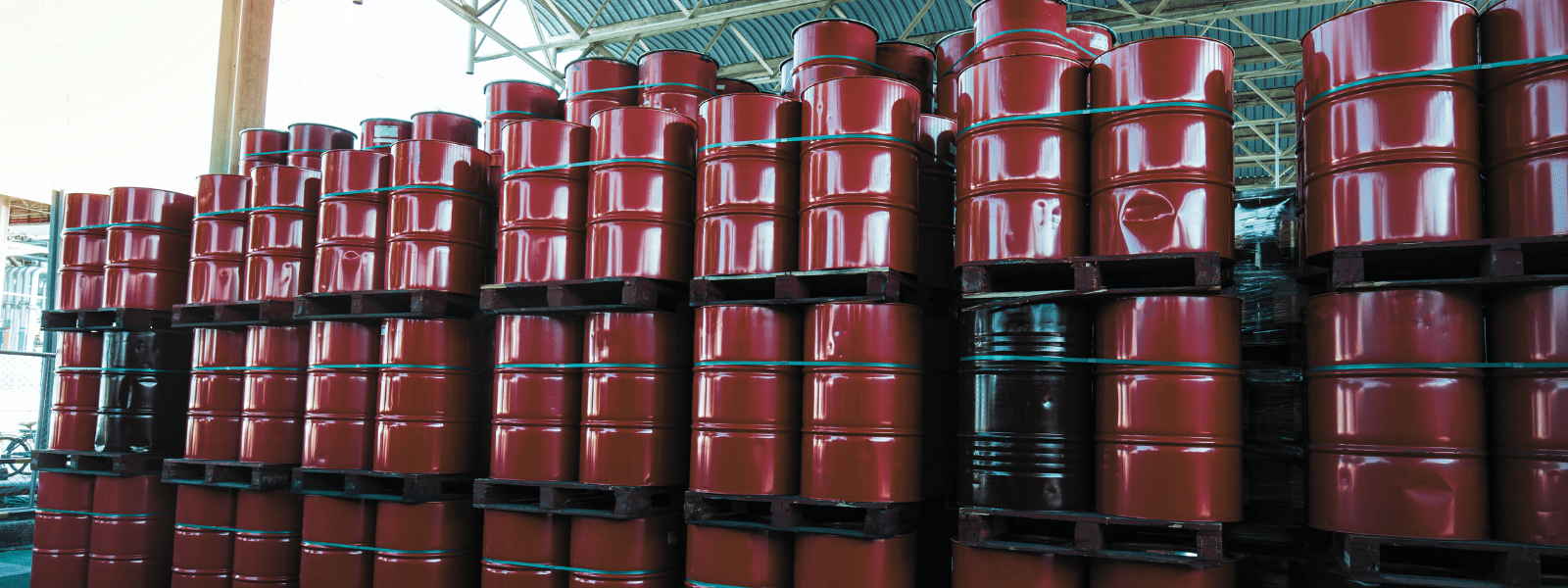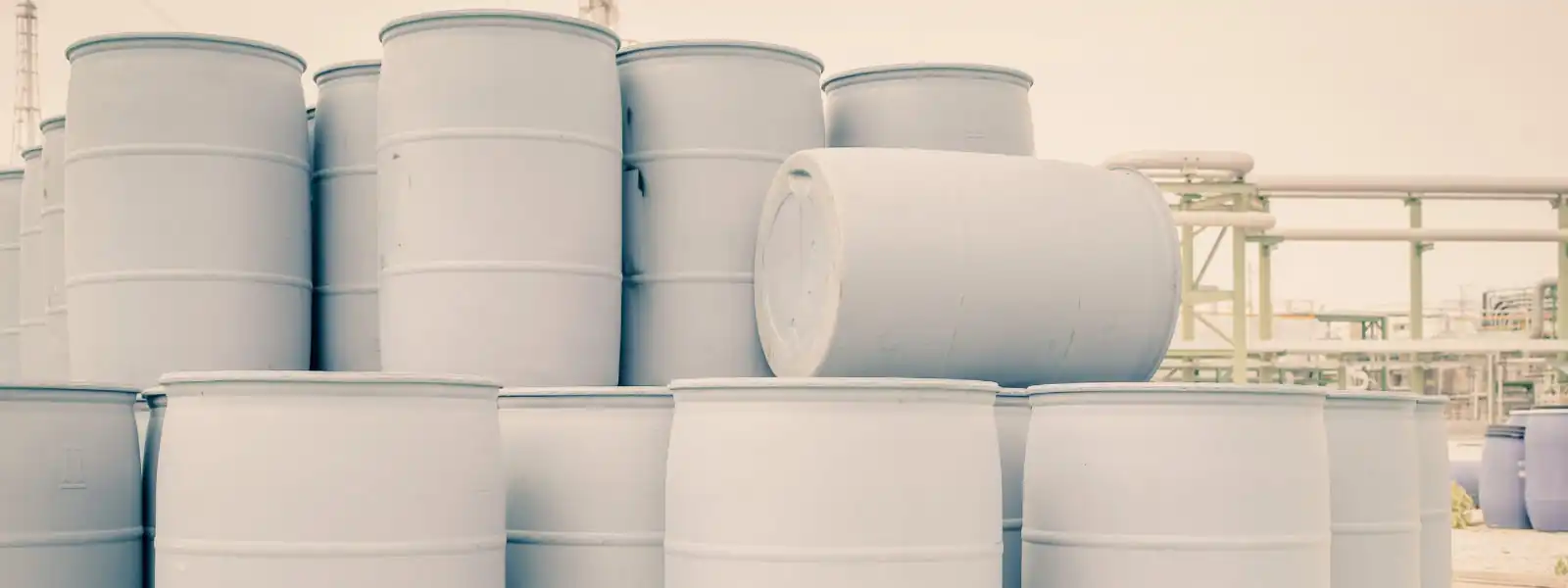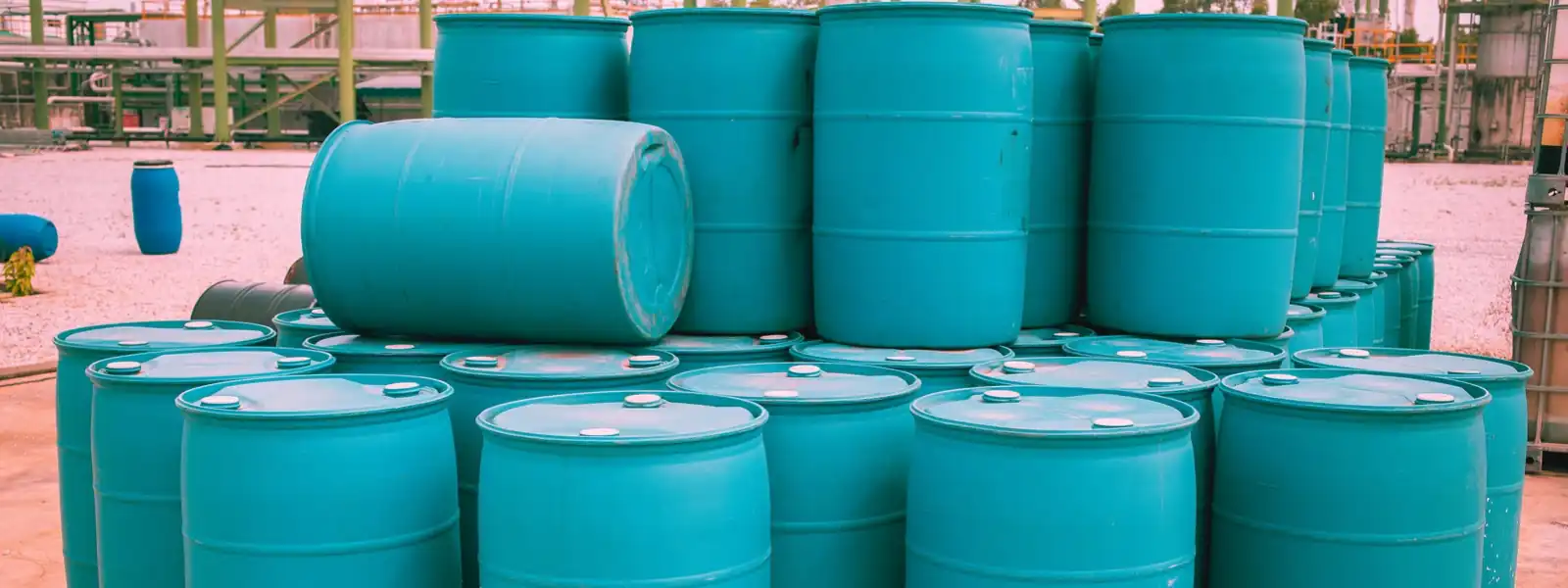[av_one_full first min_height=” vertical_alignment=” space=” custom_margin=” margin=’0px’ padding=’0px’ border=” border_color=” radius=’0px’ background_color=” src=” background_position=’top left’ background_repeat=’no-repeat’ animation=” mobile_breaking=” mobile_display=”]
[av_image src=’https://ecolink.com/wp-content/uploads/2016/05/circuit-board-cleaner.png’ attachment=’8588′ attachment_size=’full’ align=’center’ styling=” hover=” link=” target=” caption=” font_size=” appearance=” overlay_opacity=’0.4′ overlay_color=’#000000′ overlay_text_color=’#ffffff’ animation=’no-animation’ admin_preview_bg=”][/av_image]
[/av_one_full]
[av_three_fourth first min_height=” vertical_alignment=” space=” custom_margin=” margin=’0px’ padding=’0px’ border=” border_color=” radius=’0px’ background_color=” src=” background_position=’top left’ background_repeat=’no-repeat’ animation=” mobile_breaking=” mobile_display=”]
[av_textblock size=” font_color=” color=” av-medium-font-size=” av-small-font-size=” av-mini-font-size=” admin_preview_bg=”]
In the industrial chemicals industry, “fast drying solvents” are broadly classified as solutions that evaporate faster than water — often exponentially so. Isopropyl alcohol (IPA) is one among many fast drying solvents, but its behavior deserves special consideration due to its widespread use as a solvent. Specifically: What can be done to preserve the efficacy of IPA, so it remains a powerful cleaner instead of a water-heavy version of its former self?
[/av_textblock]
[/av_three_fourth]
[av_one_fourth min_height=” vertical_alignment=” space=” custom_margin=” margin=’0px’ padding=’0px’ border=” border_color=” radius=’0px’ background_color=” src=” background_position=’top left’ background_repeat=’no-repeat’ animation=” mobile_breaking=” mobile_display=”]
[av_button label=’Shop IPA Here’ link=’manually,https://ecolink.com/shop/solvents/wipe-solvent/99-isopropyl-alcohol-ipa-55-gallon-drum/’ link_target=’_blank’ size=’x-large’ position=’center’ icon_select=’yes’ icon=’ue859′ font=’entypo-fontello’ color=’orange’ custom_bg=’#444444′ custom_font=’#ffffff’ admin_preview_bg=”]
[/av_one_fourth]
[av_textblock size=” font_color=” color=” av-medium-font-size=” av-small-font-size=” av-mini-font-size=” admin_preview_bg=”]
Evaporation of IPA
IPA evaporates at roughly the same temperature as the ethyl alcohol in beer: 180°F (82 °C). In industrial facilities, multiple sources of heat — machines operating, heat treatment processes, body heat, etc. — can combine to push the temperature of the work environment to 180°F and above. When this temperature is reached, IPA starts evaporating, leaving behind the solvent’s water, which evaporates slower than IPA.
The temperature of the work environment isn’t the only thing that impacts the evaporation of IPA. The solvent’s evaporation rate also depends on the material of the storage container and the container’s surface area. For example, a large, metal container of IPA promotes faster evaporation than a small, plastic container of IPA. Metal transfers heat more rapidly than plastic, and there’s a larger surface area through which heat can transfer.
Containers for IPA
When ordered in small quantities, IPA and other fast drying solvents often come in plastic containers that have a small surface area. But when you order industrial IPA in bulk, you often receive the solvent in a large, metal drum. In addition, the purity of the solvent is generally near 100%, so it can be used in pure form for tough cleaning jobs, or diluted with water for less stringent applications.
So, the evaporation rate of IPA and similar fast drying solvents is partly determined by the packaging of the solvent supplier. Before you order high-purity IPA in a large drum, it’s a good idea to inquire about the drum’s closure, asking if it features a design that helps limit the amount of IPA lost during transfer to smaller containers, such as spray bottles.
Where you store drums of IPA also impacts evaporation rate. The temperature of work zones where IPA is used may routinely surpass 180°F, but the storage area should be kept below this temperature, whenever possible. The temperature of IPA will remain below its evaporation point, which deters evaporation during the time it takes for the solvent to reach the temperature of the work environment.
When you store IPA in this manner, evaporation can be greatly reduced, regardless of storage container construction and the standard temperature of the work environment.
About Our Company
Ecolink is a supplier of environmentally safe and environmentally preferred industrial solvents. In addition to supplying stock solvents that are ready to ship, we create custom solvents for the requirements of specific users. To learn more about our IPA products and other fast drying solvents, call us today at 800-563-1305, or send us an email through our contact form. We look forward to assisting you!
Check out our other IPA blogs below.
[/av_textblock]
[av_magazine link=’category,439′ items=’3′ offset=’0′ tabs=’aviaTBtabs’ thumbnails=’aviaTBthumbnails’ heading=” heading_link=’manually,http://’ heading_color=’theme-color’ heading_custom_color=’#ffffff’ first_big_pos=’top’ admin_preview_bg=”]















